Best books of 2017
Part seven
Sat 26 Nov 2017
Damian Barr
Winter; As Kingfishers Catch Fire
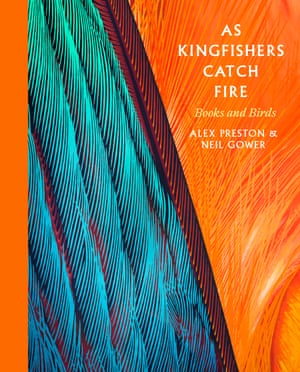
Ali Smith’s Winter (Hamish Hamilton) is no cosy, comfort read. It’s a brisk frosty walk under skies that could open at any moment revealing anything but snow. I’ll be unpicking it for months. As Kingfishers Catch Fire (Little, Brown) is a memoir/gallimaufry of ornithological obsession by Alex Preston. He watches birds in the sky and on the page darting between myths, stories and memoir like a swift. The characterful illustrations by Neil Gower add a whole new dimension to this gorgeous book.
Frances Hardinge
Things a Bright Girl Can Do; We Come Apart; The Island at the End of Everything
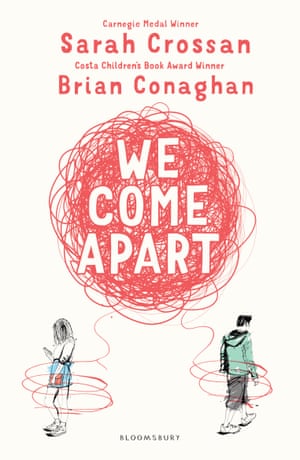
Things a Bright Girl Can Do by Sally Nicholls (Andersen Press) follows three fallible yet formidable teenage girls caught up in the fight for women’s votes. We’re shown the intricacies of this turbulent period in a vivid, hard-hitting, funny and emotionally compelling way. We Come Apart, (Bloomsbury) co-written by Sarah Crossan and Brian Conaghan, recounts the romance of two maltreated teens through sparse, grittily powerful verse. Kiran Millwood Hargrave’s The Island at the End of Everything (Chicken House) is a beautiful, haunting tale of leprosy, lepidoptery and loyalty.
Geoff Dyer
The Unwomanly Face of War; The Sparsholt Affair
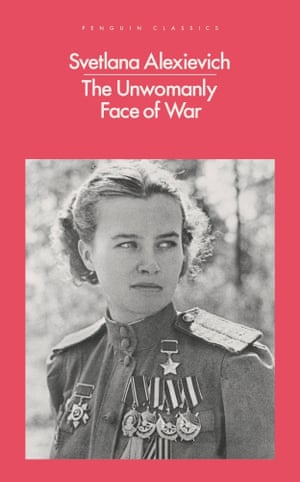
Nothing can quite prepare the reader for the shattering force of The Unwomanly Face of War (Penguin), Svetlana Alexievich’s oral history of Soviet women in the second world war. In the midst of such colossal suffering hundreds of little details stick in the mind, like the trail of blood left as a group of women march to – not from – the front because they are so poorly equipped, none have sanitary wear. I had the distinct sense, on finishing Alan Hollinghurst’s latest novel, that I might have read next year’s Booker-winner before this year’s had even been announced. The Sparsholt Affair (Picador) is a sweeping and intimate masterpiece, full of sensual pleasures and observational wisdom.
Paula Hawkins
Little Fires Everywhere; The Fact of a Body; Reservoir 13
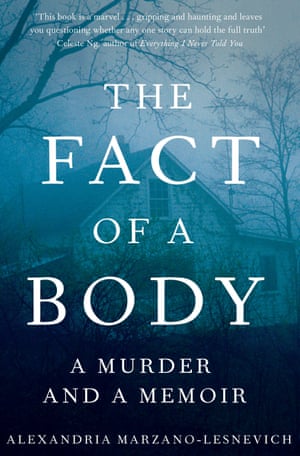
Beginning with a house fire set by a teenager, the flames quickly spread across Celeste Ng’s suburban idyll in Little Fires Everywhere (Little, Brown), a sharp and nuanced tale of race and family in 1990s America. The Fact of a Body by Alexandria Marzano-Lesnevich (Macmillan) is part memoir, part true crime, wholly brilliant. Bleak subject matter is expertly handled as Marzano-Lesnevich challenges us to see both perpetrators and victims from every possible angle. Perfectly paced and beautifully observed, Jon McGregor defies expectations in Reservoir 13 (4th Estate), his graceful and compelling portrait of a community coming to terms with tragedy.
Lucy Davies
Cove; The Castle Cross the Magnet Carter; The Sellout; A Life of My Own; Falling Awake; Syria: Recipes from Home
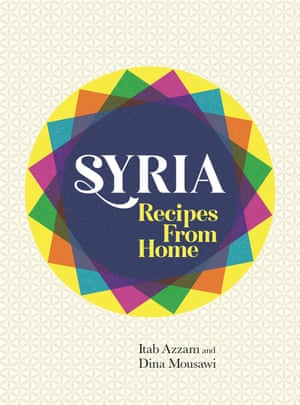
Books that have made my heart race, or swell, with their brilliance this year include Cynan Jones’s beautiful landscape writing of the spirit and the sea in Cove (Granta); the sublime craft and fearless ambition in Kia Corthron’s The Castle Cross the Magnet Carter (Seven Stories); Paul Beatty’s blazing The Sellout (Oneworld); Claire Tomalin’s ambushingly poignant A Life of My Own (Viking); and Alice Oswald’s Falling Awake (Jonathan Cape) which I go back to and back to. I read a lot of cookbooks – a beautiful highlight was Syria: Recipes from Home by Itab Azzam and Dina Mousawi (Orion).
Lara Feigel
The Idiot; Conversations With Friends; All the Beloved Ghosts; Mrs Osmond
I’ve been particularly impressed by two conversational novels about intelligent, self-conscious young women: Elif Batuman’s The Idiot (Jonathan Cape) and Sally Rooney’s Conversations With Friends (Faber). Both created worlds and characters you live with and talk to and miss after finishing the book. I don’t usually read much short fiction but I loved Alison MacLeod’s All the Beloved Ghosts (Bloomsbury). MacLeod is dazzlingly good at evoking a whole life through a single snapshot and at bending and stretching her prose as she moves between an impressive range of narrative personae. More recently, I’ve just read John Banville’s Mrs Osmond (Viking), an astonishing act of literary ventriloquism that is so successful it felt like discovering a new Henry James novel.
Alex Preston
The Lost Words; The Sparsholt Affair; The Book of Dust volume One: La Belle Sauvage
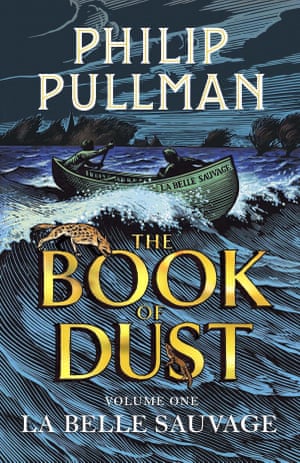
Robert Macfarlane and Jackie Morris have made a thing of astonishing beauty in their The Lost Words (Hamish Hamilton). It’s a book to gift and to treasure – generous, luminous, profound. I was glad George Saunders won the Man Booker and for next year’s prize it’s hard to look beyond Alan Hollinghurst’s masterful The Sparsholt Affair (Picador), which I found thrillingly stylish and gripping. It’d be good to see Philip Pullman’s The Book of Dust, Volume One: La Belle Sauvage (Random House) on the list – a brilliant novel whether you’re nine or 90.
Katharine Norbury
La Belle Sauvage; The Bedlam Stacks; A New Map of Wonders
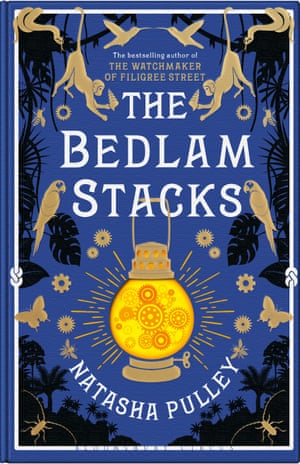
Philip Pullman’s The Book of Dust, Volume One: La Belle Sauvage (Random House) creaks with mystery and burns with passion and the thrill of what it is to be human. Natasha Pulley’s The Bedlam Stacks (Bloomsbury) is an immense treat for lovers of both historical fiction and the surreal. And Caspar Henderson has created A New Map of Wonders (Granta) that reveals the sublime from his garden shed and had me weeping with relief that wonder is so close at hand.
Chris Mullin
Life After Life; Called to Account
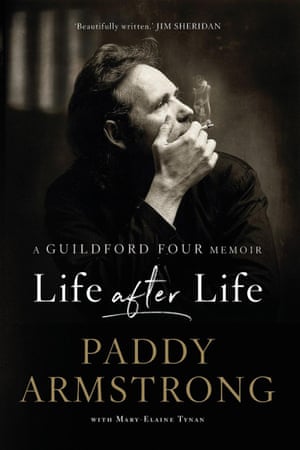
By far the best book I have read this year is Life After Life (Gill Books), the autobiography of Paddy Armstrong, one of four innocent people convicted of the Guildford and Woolwich pub bombings. Ghosted by Irish journalist Mary Elaine Tynan, a beautifully written account of extraordinary events. My other favourite is Called to Account (Little, Brown), by former chair of the public accounts committee, Margaret Hodge. A shocking exposé of corporate misbehaviour and government waste, it has not had the attention it deserves.
Sally Rooney
The Idiot; To Be a Machine; The Ambassadors
This year I read and loved Elif Batuman’s The Idiot (Jonathan Cape) – which apart from its intellectual heft is page-for-page one of the funniest novels I’ve ever read. In nonfiction, this was the year of Mark O’Connell’s To Be a Machine (Granta), a profoundly unsettling and brilliant account of technology and human life. Though it wasn’t published in 2017 (more like 1903), Henry James’s lively novel The Ambassadors (available from Arcturus) was one of my favourite literary discoveries this year.








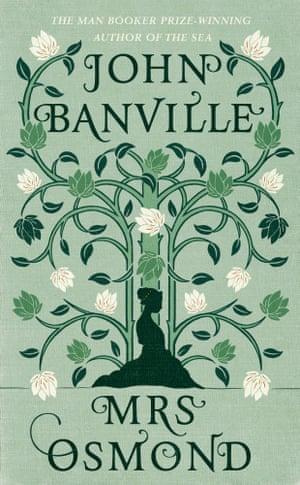


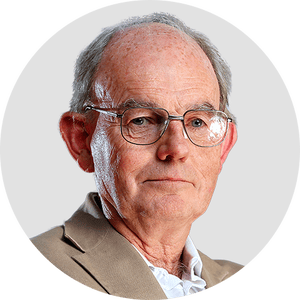

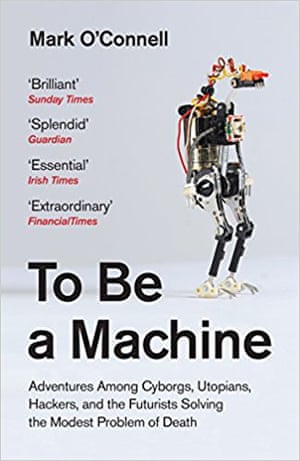

No comments:
Post a Comment